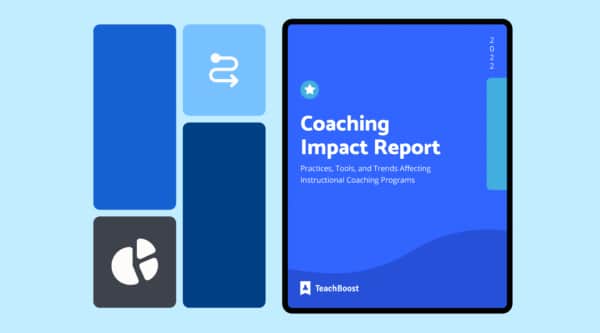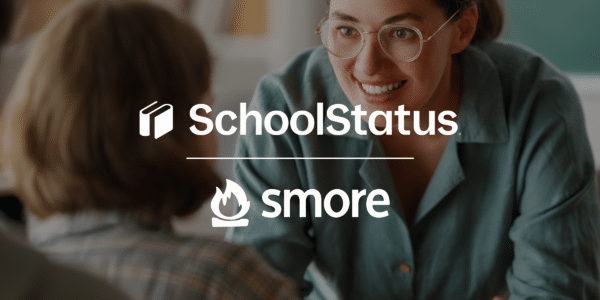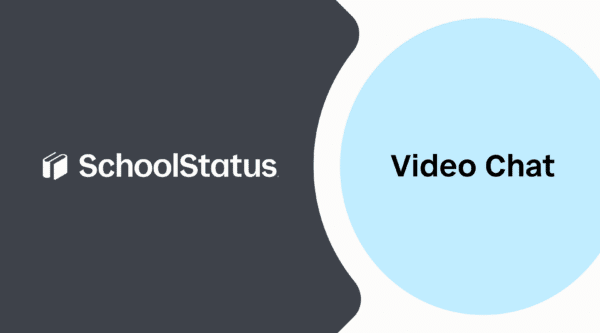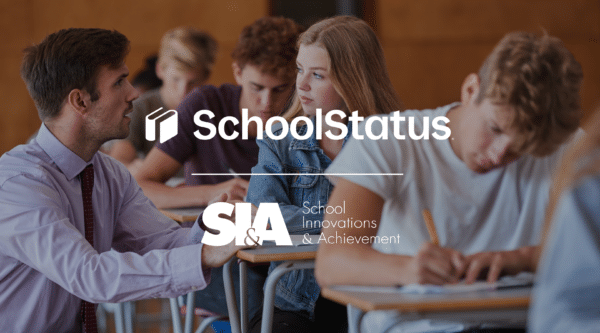
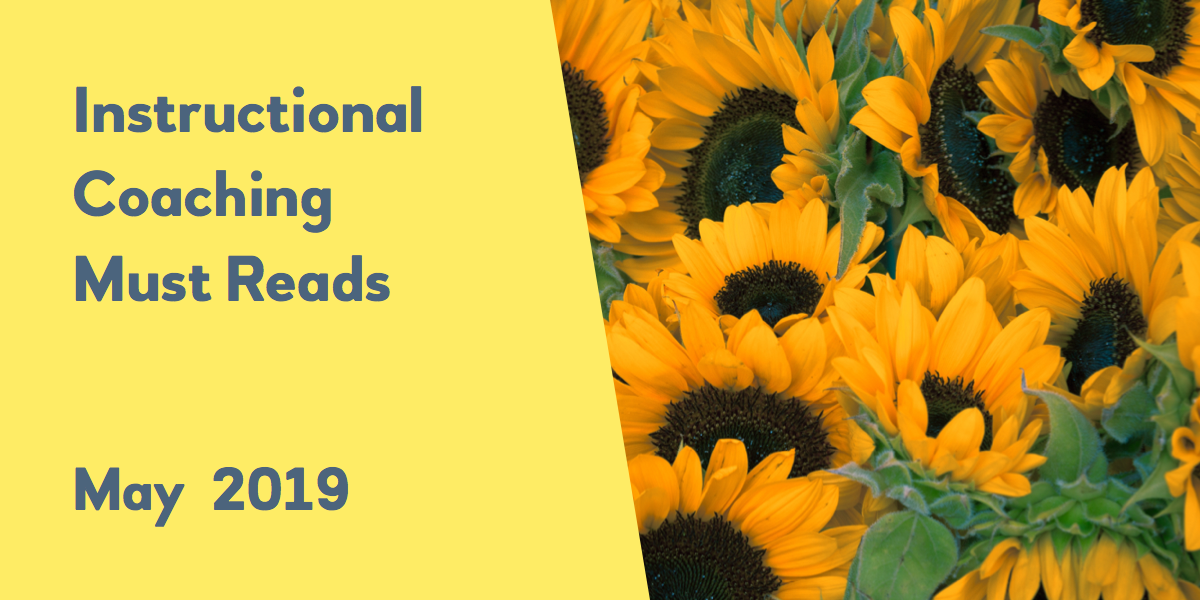

As the saying goes, “April showers bring May’s coaching articles!” That might not be it exactly but May did sprout some fresh coaching content from our weekly coaching roundups! Learn how the end of the year is the perfect time to take risks, how to build a culture of collaboration through coaching, the benefits of seeking feedback as a coach, ways coaches can build and advance partnerships, and more. Enjoy!
Don’t wait until the end of the month to read your coaching news. Join our weekly coaching roundup to get these sent directly to your inbox every week!
{{cta(‘1623fdae-2dee-4cee-a003-34270e4a47e4′,’justifycenter’)}}
How to Build and Advance Partnerships: Bingo!
Lindsay Deacon recommends playing Bingo to motivate coaches to try new things, learn on their own, and step out of their comfort zone.
“Many of the coaches I work with have pinned their Bingo card next to their desk as a daily reminder to feed their own learning. Coaches have also reported that the visual encouraged them to try something new and feel energized to invest in their own learning, even when they were losing steam. The Bingo card is an example of an extrinsic motivator that serves to remind coaches of the important intrinsic motivators that us as coaches.”
Seeking Feedback as a Coach
Fiona Hurtado shares the benefits of simply asking teachers for their honest feedback and how she’s used these suggestions and insights to shape future coaching strategies.
“As I considered how to seek the feedback I desired, I realized the format had to be simple and broad—allowing teachers to respond in ways that were relevant to them. The result was a form that gave teachers a choice of three access points: questions directly addressing my coaching, questions directly addressing the impact on the teachers’ learning, and questions that were open-ended. . . . If we ask teachers directly to describe how coaching is supporting their growth, we can gather concrete data about our impact, and glean tips on how we might enhance our practice.”
5 End-of-Year Tasks for Instructional Coaches
Chrissy Beltran shares a few of her techniques for ending the school year strong while prepping for the next one.
“A lot of teachers ask, ‘What do you do at the end of the year?’ I remember being in the classroom. Filling out endless paperwork about students, working on fun (and stressful) end of year projects, and packing everything up. As a coach, the end of the year is very different. . . . I can focus my energy on physically setting up my room and getting organized, revisiting my goals, and planning some great teacher training teacher support systems.”
Building a Culture of Collaboration Through Coaching, Part 1: Knowledge and Skills
In part 1 of this 2-part series, Cailin Minor explains why a culture of collaboration is necessary for achieving school-wide goals and how it’s important to first establish the knowledge and skills of collaboration.
“Watching teams has led me to see that one of the biggest mistakes we make in collaboration is thinking that the work is obvious. We have this false sense of confidence that we all know what strong collaboration looks like, that we know how to do it, and that we are all on the same page. It’s a meeting: you show up, you talk, you get stuff done, right? We all know how to talk, we all share ideas, we can make decisions, we can work together. But too often we breeze over the complexity of these interactions and work. Yes, everyone can show up to a meeting and everyone can sit in a room together, but to make these interactions successful, productive, student-focused, inclusive, and impactful is an entirely different story.”
Interested in writing a blog post for TeachBoost? |
|
If you or someone you know have coaching experiences, tips, or best practices to share we’d love to have you write a guest blog post for us—reach out below 🙂 {{cta(’06c32038-8323-49d4-98c5-8a28cb43ef28′)}} |
3 Reasons Why End-of-Year Coaching Cycles Are the Best
Tonya Moody believes end-of-year coaching cycles are the perfect time to encourage risk-taking and promote a culture of learning.
“Most cycles, however, last 4-6 weeks, contain a student goal and learning targets, have learning (
i.e., about students, best practices, the craft of coaching) as the heart, and are supported through co-teaching and planning to increase student achievement around set goals. End-of-year may not seem like the perfect time to dig in and collaboratively learn together in coaching cycles, but it may be the
best time to do the work.”
Year-End Goal Setting
Steve Barkley encourages teachers to collaborate with one another to set goals, review student work, and create a team culture.
“When looking at the start of a school year it is often helpful to engage the previous year’s teacher in setting the learning goals because of her knowledge of the students. As teachers are working on the last quarter push to the year’s end, it can be the perfect time to engage with the next grade level teachers to set goals for the upcoming year. . . . Changes in teaching can be planned in the conversation that includes last year’s, this year’s and next year’s teachers.”
Staying Motivated as an Instructional Coach
Kim Cofino shares four techniques to stay positive and become your own cheerleader throughout your coaching journey.
“It may sound silly, but make sure you have your own support network of colleagues—even if they aren’t coaches. You can seek out the teachers that are willing to take risks and try new things, and build in structures to both support them and ensure that you have a team you can turn to when you need advice or support too. The goal here is to connect and collaborate with colleagues who are moving forward, and to create a self-sustaining community of like-minded and positive colleagues.”
End-of-Year Reports: An Essential Part of Coaching
Elena Aguilar promotes end-of-year reports for coaches to reflect on their work with teachers.
“Each coach wrote End of Year Reports on their clients, describing the growth the teacher or leader made and providing evidence of that growth. This process allowed my coaches to gain deeper understanding of themselves as coaches, as well as of their clients, and allowed them to clearly identify next steps in their work.”
{{cta(’34b13594-505a-497a-8a75-16ae35acf14d’)}}
Have some interesting instructional leadership news?
Share it with TeachBoost and we’ll highlight it here!
Stay Connected
News, articles, and tips for meeting your district's goals - delivered to your inbox.





